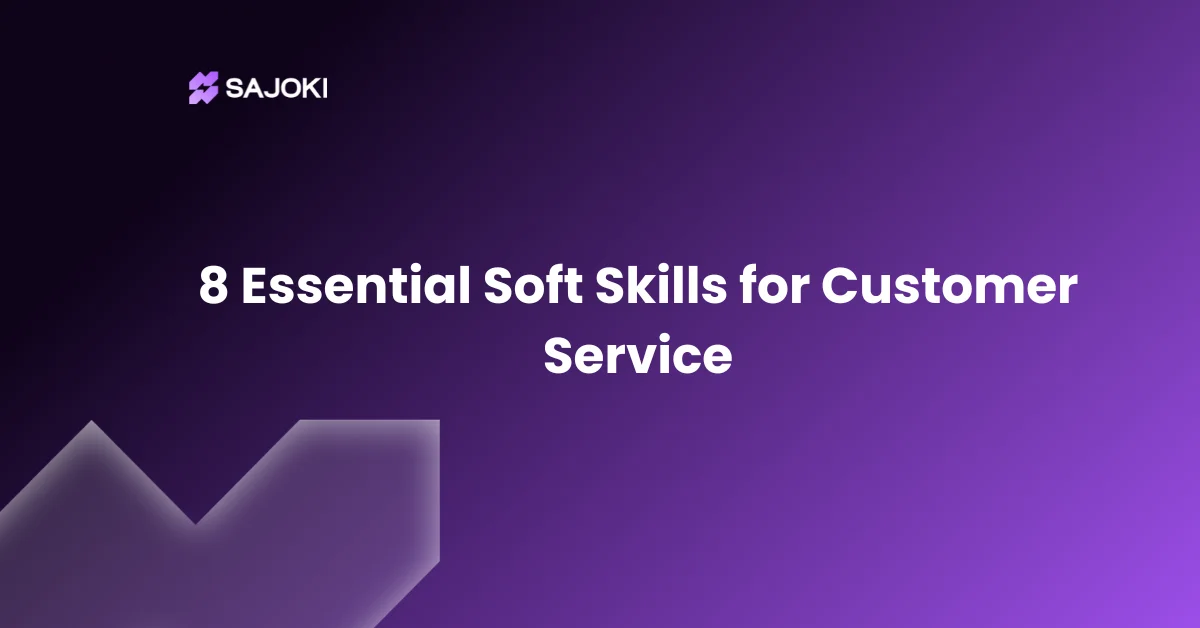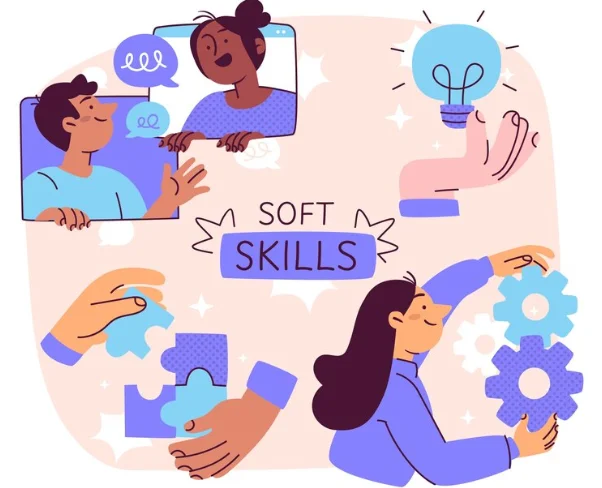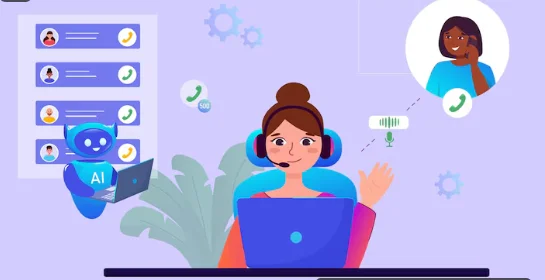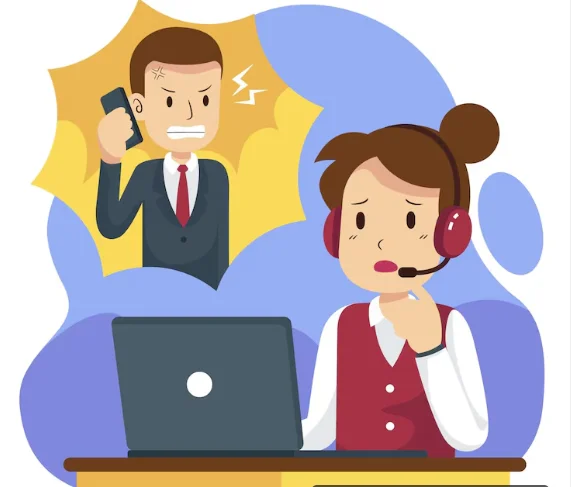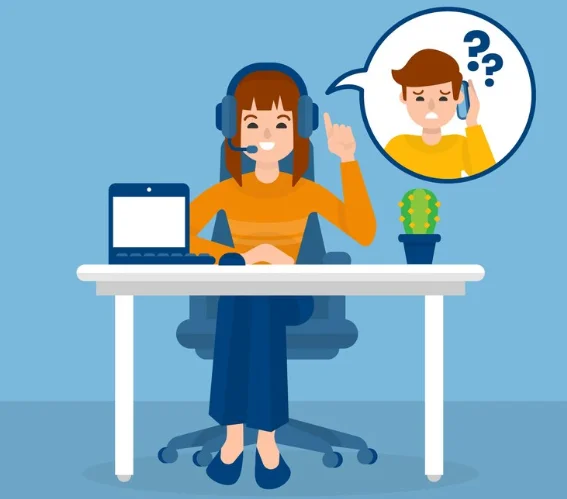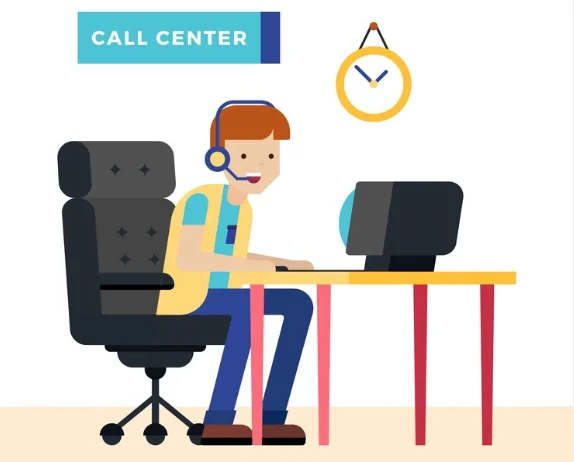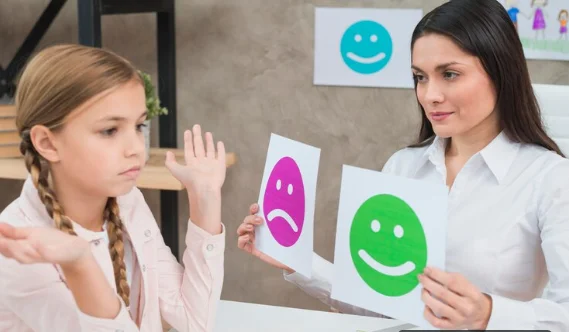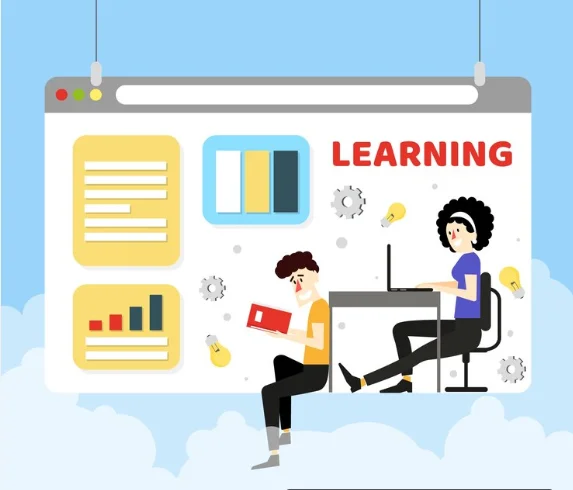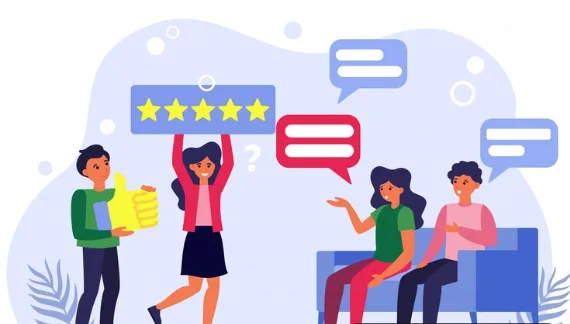Customer service is not just answering questions or handling complaints. It’s people-to-people communication between customers and the brand. The manner in which representatives communicate, listen, and empathize directly affects customer experience.
So, what are the top soft skills for customer service? The top soft skills for customer service are active listening, empathy, patience, communication skills, problem-solving, adaptability, time management, and a positive attitude.
Now, among the many elements that contribute to customer service success, soft skills are in the limelight. They go beyond technical skills and into emotional intelligence and communication. Soft skills in customer service jobs directly impact customer satisfaction and overall service experience.
What are Soft Skills?
Soft skills are an amalgamation of communication, emotional, and social skills. Contrary to the technical knowledge pertaining to hard skills, soft skills are utilized to define the way a person behaves in the company of other people. They are quite important in rapport building and empathetic problem-solving.
Soft skills are listening, patience, empathy, flexibility, and teamwork. These skills set the tone for every interaction in customer service. The customer may forget the response, but not how they were treated in getting it.
Learning and understanding soft skills means increasing the level of service. It’s often the soft skills in most businesses that make one representative stand out from the rest.
Why Soft Skills Are Important in Real-World Workplaces
Soft skills are important in today’s workplaces because of the following reasons:
- They improve customer communication and satisfaction.
- They strengthen teamwork and collaboration.
- They enhance leadership and conflict resolution.
- They help employees adapt to change easily.
- They contribute to a positive work environment.
- They reduce turnover by boosting job satisfaction.
- They support faster and better problem-solving.
- They reflect professionalism and emotional intelligence.
8 Key Soft Skills for Customer Service
The following are some critical soft skills for customer service in order to building fantastic customer experiences. Each one results in better communication, problem-solving, and customer satisfaction.
1. Active Listening
Active listening is not hearing. It provides full attention to the speaker, helps the speaker understand the message, and helps the speaker respond intelligently. It makes customers feel heard.
Representatives who listen actively never assume. This reduces misunderstandings and ensures a solution. Customers leave feeling valued and respected.
2. Empathy
Empathy refers to the ability to put yourself in the position of the customer. Empathy is knowing the feelings, the frustrations, and the expectations without judgment.
Understood customers build trust with a representative. Communicating with empathy soothes frayed nerves and strengthens emotional connect with the brand.
3. Patience
Customer service commonly involves working with bewildered, frustrated, or uncertain customers. Patience will be needed for such situations.
With calmness, service professionals do not lose their temper and stay cool. This allows time to explain solutions in simple words and avert escalation. It leads to better outcomes for both.
4. Communication Skills
Simple and clear communication is the foundation of good service. It makes customers clear in what is being told and confident.
Effective communication avoids confusion and builds confidence. Tone, simplicity, and positive language help take the discussion towards a resolution.
5. Problem-Solving
Problem-solving allows service representatives to assess situations and decide on the best solution. Problem-solving involves creativity, reasoning, and decision-making.
Solutions, not merely answers, are what customers require. Those representatives who can effectively diagnose and fix issues in a flash are treasures for customer satisfaction.
6. Adaptability
Each customer contact is different. Adaptability allows representatives to modify tone, pace, and style to suit the moment.
It is especially crucial when handling unexpected issues or via other means. Flexibility shows flexibility and readiness.
7. Time Management
Good time management prevents customers from waiting. It also improves efficiency in the team.
Being able to respond promptly without sacrificing quality matters. Prioritizing and prioritizing workloads keeps things moving smoothly and professionally.
8. Positive Attitude
A smiling, helping, and positive attitude can totally change a customer’s mood. A positive attitude is contagious.
Even if something goes wrong, a positive representative can preserve the customer’s good will. It gains a brand image as friendly.
8 Training Techniques to Improve Soft Skills for Customer Care
Soft skills may be a natural choice for some, but they may also be learned through constant practice. Businesses must use cautious training techniques to cultivate workers.
1. Role-Playing Situations
Role-playing enables agents to simulate real-life situations and practice their responses. Trainers may act as a customer and the employee may respond.
It supports quick thinking, communication, and emotional control. Post-role play feedback helps to identify strengths and areas for development. Regularity of sessions helps in the ease of embracing soft skills.
2. Active Listening Workshops
Active listening workshops are workshops where one undergoes sessions on body language, paraphrasing speech, and open questions. One is learned to hear not just with ears but with his entire awareness.
It instills habits that lead to deeper understanding. Gradually, these workshops result in more confident and poised service behavior.
3. Empathy Mapping Exercises
Empathy mapping enables employees to imagine a customer’s feelings and thoughts in situations. It brings abstract emotions closer to being tangible and trainable.
Employees are trained to get out of their frame of reference. This enables more customized and empathetic reactions to customer problems.
4. Soft Skills eLearning Modules
Online lectures and videos facilitate flexible learning. They offer bite-sized learning on conflict resolution, patience, and communication.
These modules are perfect for reinforcement. Employees can revisit them whenever they want, facilitating learning on their own schedule.
5. Feedback and Coaching
There are frequent feedback sessions that facilitate monitoring of progress in the acquisition of soft skills. One-on-one coaching offers individualized guidance and encouragement.
Constructive feedback facilitates accountability and guidance. Employees under coaching develop faster in empathy and communication.
6. Cross-Training Teams
Cross-training allows employees to do other jobs temporarily. This experience promotes empathy and cooperation between departments.
It increases flexibility and improves problem-solving. Acquiring new tasks improves interpersonal skills in general.
7. Group Discussions and Peer Learning
allowing open forums or group discussions allows teams to share tips and stories. Peer learning builds trust and team culture.
Sharing real experiences helps everyone to learn from each other. It makes soft skills a shared goal instead of an individual activity.
8. Gamification and Rewards
Adding game-like elements to soft skill training boosts enthusiasm. It can be point systems, quizzes, or rewards for great service.
It makes learning fun and memorable. Appreciation of enhanced soft skills motivates employees to stay consistent.
How Can SAJOKI Help Test the Soft Skills of Customer Service Employees?
To quantify customer service employees’ soft skills, the SAJOKI-Personality testing tool offers a complete AI-powered platform.
It uses scientifically created assessments to quantify skills like empathy, communication, flexibility, and emotional intelligence.
The tests are scenario-based so they are relevant to real-life situations.
Managers can integrate SAJOKI in their hiring and training processes. It provides clear insights through detailed reports and comparison charts.
These insights support better hiring decisions and personalized training, ensuring a team that meets high emotional and interpersonal standards.
Frequently Asked Questions
What’s the difference between soft skills and emotional intelligence?
Emotional intelligence is a soft skill of a specific kind. It is the ability to recognize, comprehend, and manage emotions. Soft skills include a broader category like communication and teamwork.
Can soft skills be measured?
Soft skills can be quantified through behavioral interviews, simulations, and tools like those used by SAJOKI. Self-reporting tests and role-assessments are also employed.
Are soft skills larger than technical skills?
Both are required. But in customer service, soft skills usually decide the experience quality. A technically perfect solution can fall through if the customer is not treated with respect.
How do I know if my team lacks soft skills?
Symptoms are high complaint volumes, low customer retention, and unresolved conflict. Anonymous feedback, customer complaints, and manager observations can also spot gaps.
Conclusion
Soft skills for customer service are now a key component to business success. They range from empathy to active listening and determine how the customer feels about the brand.
Customer loyalty starts with hearing, respecting, and being understood. By emphasizing the development of soft skills, businesses instill empathy and effective service culture. It’s not merely about fixing issues—it’s about relating to people.
